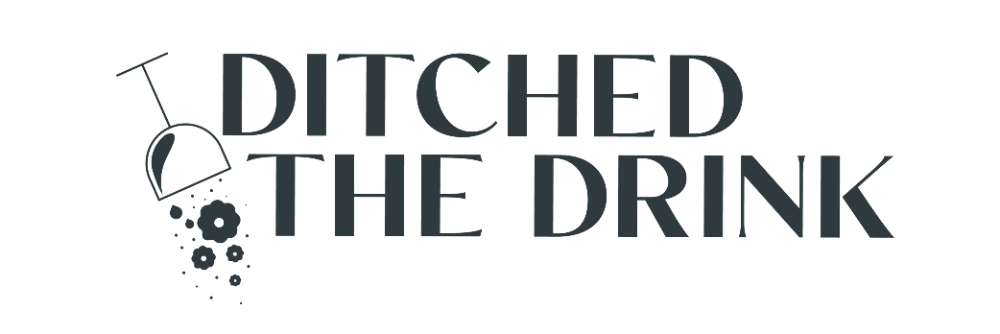Alcohol, Women, and Heart Health
Feb 07, 2020
The first Friday of February has been designated by the awareness campaign in the US, as National Wear Red Day to support women’s heart health.
If you drink red wine, like I did, you love the research studies that claim drinking red wine is good for the heart. I liked to spread the good news about wine and heart health.
I didn’t realize those studies really didn’t apply to me or my girlfriends, as we drank more than the recommended 5 oz of wine a day.
What’s the truth about women, wine, and heart health?
Drinking alcohol regularly raises your blood pressure. So, if you are imbibing daily at wine o’clock, you are at risk.
Heavy drinking is associated with a number of poor heart health outcomes. It can lead to high blood pressure, heart failure or stroke. Excessive drinking can also contribute to cardiomyopathy, a disorder that affects the heart muscle.
Heavy drinking might cause problems but what defines moderate? Moderate drinking is just one drink or less a day. Heavy drinking for women is defined as 8 drinks in a week, which is just over the moderate amount of one drink a day. This is a very fine line in the form of a 5 oz sip.
I was a high functioning drinker. Most people didn’t know I had a problem with alcohol. I was never hospitalized or in legal trouble. I didn’t drink and drive. I didn’t even drink every day. I didn’t drink before 5 pm. I was just a social drinker who enjoyed wine and sometimes used it to self medicate from feelings of grief, anxiety, and depression.
What you may not realize is this picture of normalcy, is in the heavy drinking category.
I usually had more than 8 drinks a week.
Rosé all day might sound refreshing, but if you are having more than one small glass daily, it is likely negatively affecting your heart health.
What’s more, alcohol can contribute to obesity and the long list of health problems that can go along with it. John Hopkins cardiologist John William (Bill) McEvoy says: “Alcohol is a source of excess calories and a cause of weight gain that can be harmful in the long term.”
For example, having just one glass of wine per day (105 calories) can add ten pounds to your weight in one year.
A study in the April 14, 2018, issue of The Lancet looked at the drinking habits of almost 600,000 people without heart disease, and found that people who had 10 or more drinks per week died one to two years earlier compared with those who drank five drinks or fewer per week. Having 18 drinks or more per week cut life expectancy by four to five years.
Drinking any amount of alcohol, even moderately can be dangerous if you have:
- A personal or family history of alcohol abuse
- A personal or family history of liver disease or pancreatitis
- Heart failure, cardiomyopathy, uncontrolled high blood pressure, irregular heart rhythm (arrhythmia), history of sudden cardiac death or stroke, or high triglycerides
- Had a heart attack (alcohol can cause further damage to the heart muscle)
- Diabetes (alcohol affects your blood glucose level)
- Medications that can cause serious side effects when combined with alcohol
Abusing alcohol or drinking more than just moderately doubles the risk of heart attack through several factors, both direct and indirect. Alcohol contributes to high blood pressure, doubles the risk of arterial fibrillation (irregular, rapid heartbeat), and brings an increased risk of congestive heart failure – all this increases the risk of heart attack later in life. Alcohol directly contributes to an increase in suffering a heart attack.
Binge drinking, 6-9 drinks increases the risk of heart attack and stroke about 30 percent for the next 24 hours after the event.
The Journal of the American College of Cardiology reported that ending alcohol abuse would prevent 73,000 arterial fibrillations, lead to 34,000 fewer heart attacks, and contribute to 91,000 fewer people with congestive heart failure who require ongoing treatment.
Women have special considerations as alcohol stays in the bloodstream longer. Women are also at risk for breast cancer, especially after menopause, increases with greater alcohol consumption. For each standard-sized drink a day, postmenopausal breast cancer risk rises by about 11 percent. If you’re at high risk for breast cancer for other reasons, consider eliminating alcohol from your life.
The best thing I ever did for my heart health was to ditch the drink. Removing alcohol improved my blood pressure. Choosing an alcohol free life also led to other healthy habits such as meditation, exercise, and improved nutrition.
I am better able to cope with stress, and have improved relationships all that contribute to a healthy heart.
Ladies, if you want to support your own heart health, you may want to evaluate and address your relationship to alcohol too.
